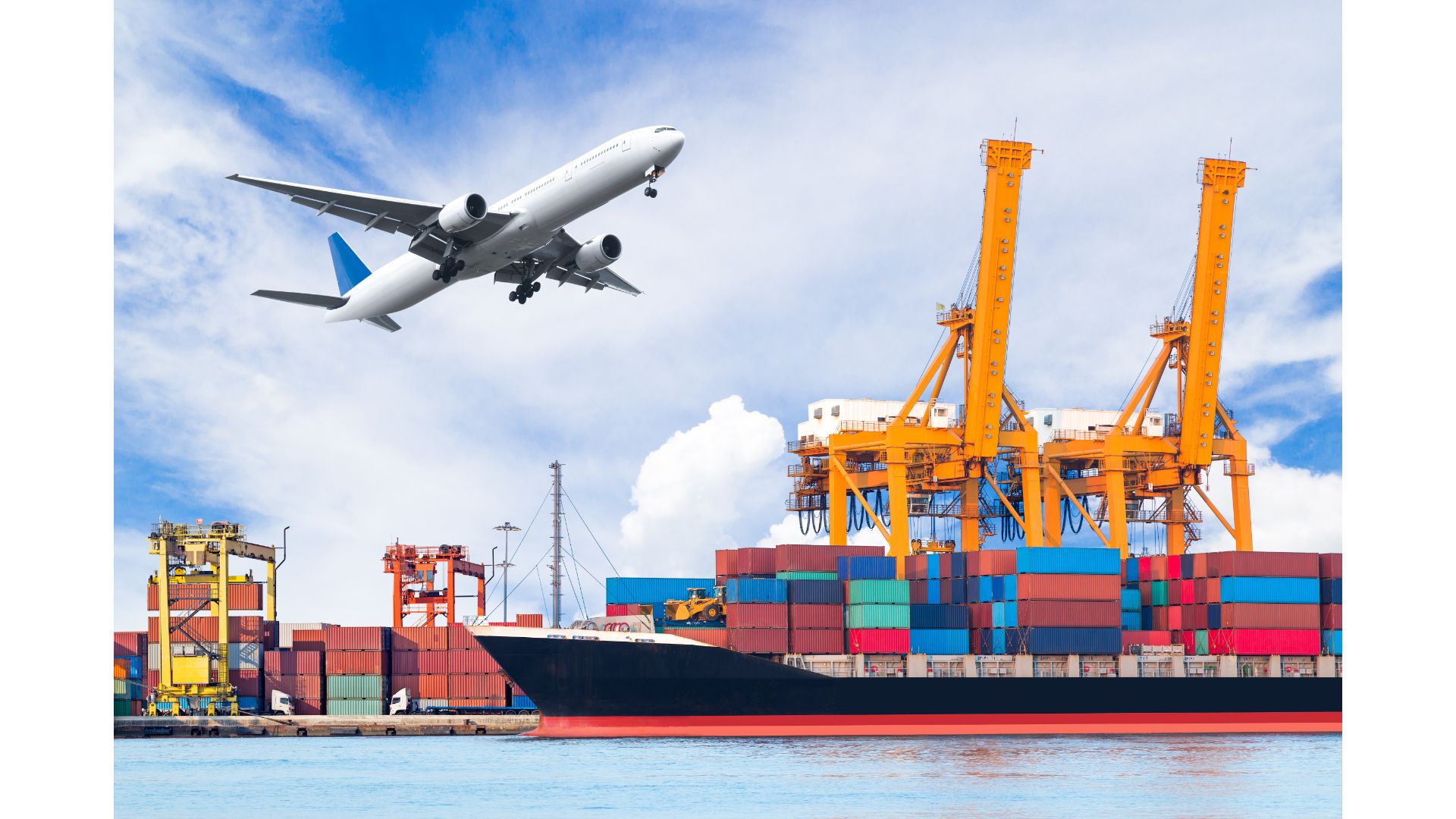The European Union’s new customs pre-arrival safety and security system – Import Control System 2 (ICS2) – will introduce a new process for entry of goods by maritime and inland waterways, road and rail in the EU[1] as of 3 June 2024. This is the third phase or release of the implementation of the new system that will extend safety and security data reporting requirements to all modes of transport. All goods transported on maritime and inland waterways, roads, and railways, to or through the EU including postal and express consignments, will be subject to new requirements. Similar requirements already went into force for air transportation of goods. Affected operators are:
- Carriers operating in maritime and inland waterways, road and rail
- Freight forwarders
- Ultimate consignees (in maritime transport)
- Postal operators
- Express carriers
With this third release, maritime and inland waterways, road and rail carriers will also need to provide data on goods sent to or through the EU prior to their arrival, through a complete Entry Summary Declaration (ENS). This obligation also concerns postal and express carriers who transport goods using these modes of transport as well as other parties, such as logistics providers. In certain circumstances, final consignees established in the EU will also have to submit ENS data to ICS2.
Traders are strongly advised to prepare in advance for Release 3 to avoid the risk of delays and non-compliance. Affected businesses will be required to make sure they collect accurate and complete data from their clients, update their IT systems and operational processes, and provide adequate training to their staff. For each item the required information includes:
- a complete and accurate commercial description
- the HS 6-digit commodity code
- additional details of parties involved (for instance, seller, buyer, the lowest bill of lading level consignee, consignor)
- the EORI1 number (when assigned to any of these parties)
EU Member States will grant authorisation, upon request, to the affected traders to gradually connect to ICS2 within a time-limited deployment window. Affected traders will need to be operationally ready for ICS2 within a time-limited deployment window. Member States can grant the deployment window anytime within the following timeframes: from 3 June 2024 to 4 December 2024 (maritime and inland waterway carriers); from 4 December 2024 to 1 April 2025 (maritime and inland waterway house level filers); and from 1 April 2025 to 1 September 2025 (road and rail carriers). If traders are not ready on time, and do not provide the data required under ICS2, goods will be stopped at the EU borders and will not be cleared by the customs authorities.
The EU is a major player in international trade – it accounts for around 14 % of the world’s trade in goods. By collecting safety and security data, EU customs authorities will be able to detect risks earlier and to intervene at the most appropriate point in the supply chain to keep trade safe for the EU and its citizens. ICS2 will simplify the movement of goods between customs offices at the first point of entry and final destination in the EU. ICS2 will provide a single access point to communicate with all EU Member States’ customs authorities for all EU operations instead of 27 national interfaces. For traders, ICS2 will also streamline requests for additional information and pre-departure risk screening by customs authorities, thus reducing administrative burdens for businesses.
For more information
More information about ICS2 and Release 3 is available on the European Commission’s webpage here.
You can also watch this video about ICS2 Release 3.
More information about the technical preparation, including the updating of traders’ IT systems, can be found in this factsheet.
A factsheet is available for maritime and inland waterways carriers looking for information about the steps to take to get ready for ICS2.
All necessary technical documentation can be found on CIRCABC.
[1] All EU Member States, as well as Norway, Switzerland and Northern Ireland.



